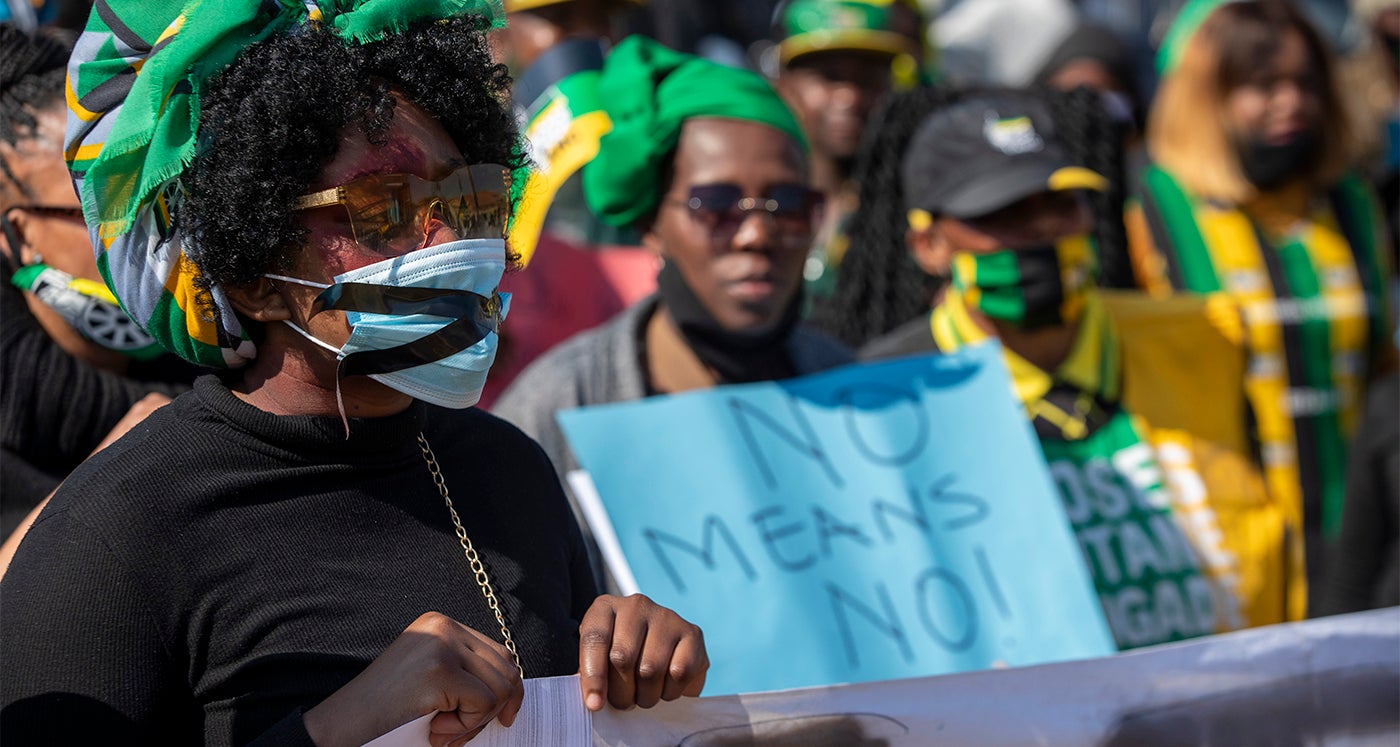

Wealthy countries rushed to hoard vaccines, contributing to vaccine nationalism, which left low-income countries on their own to fight COVID-19. John Nkengasong, the director of the African Centers for Disease Control and Prevention, praised Pfizer’s announcement and said it is a step toward addressing technology transfer and intellectual property. The technology used to produce some COVID-19 mRNA vaccines like Pfizer and Moderna makes them easier to produce in places like South Africa that lack traditional vaccine production systems.

African countries face several challenges to vaccine production, such as limited facilities –– the South African government has called for vaccine production facilities to speed up recovery. COVID-19 immunization across the continent is even lower, with only 1% of Africans fully vaccinated.ĬOVAX, the global vaccine distribution initiative for low- and middle-income countries, provided many of the vaccines on the African continent but a dosage shortage is slowing down distribution. It has been estimated that South Africa likely will not vaccinate 67% of the population and reach herd immunity until early 2022. While South Africa was one of the first African countries to receive the COVID-19 vaccine, only around 3% of South Africa’s population is fully vaccinated against the virus. South Africa then had to stop the distribution of the J&J vaccine to investigate blood clot side effects.

South Africa is the African country hardest hit by COVID-19 and was the first country to experience the first variant of the virus, 501Y.V2. It was unclear if the available Oxford/Astrazeneca vaccine could protect against 501Y.V2, setting back the country’s recovery plan. South Africa is also experiencing its deadly third wave of the virus due to the Delta variant. Pfizer and BioNTech’s news comes as attacks on pharmacies as part of protests and social unrest in South Africa after the arrest of former president Jacob Zuma have stalled vaccine distribution. Once fully operational, Pfizer and BioNTech’s vaccine production could increase vaccine availability across the African continent and is expected to surpass 100 million doses. “We aim to enable people on all continents to manufacture and distribute our vaccine while ensuring the quality of the manufacturing process and the doses,” Uğur Şahin, CEO of BioNTech, said. Raw material for vaccine production will be transported from Europe. Pfizer and BioNTech signed a letter of intent with the Cape Town headquarters of pharmaceutical company Biovac Institute to “transfer technology, install equipment, and develop manufacturing capability,” the companies said in a statement.


 0 kommentar(er)
0 kommentar(er)
